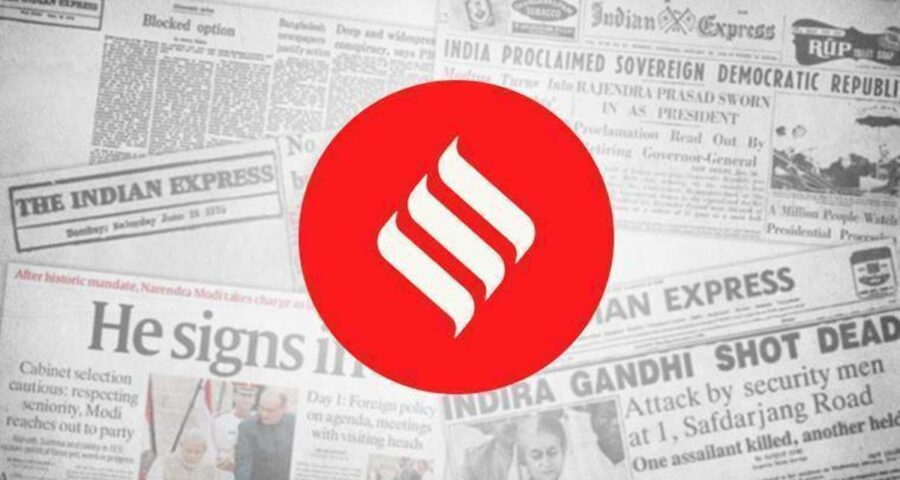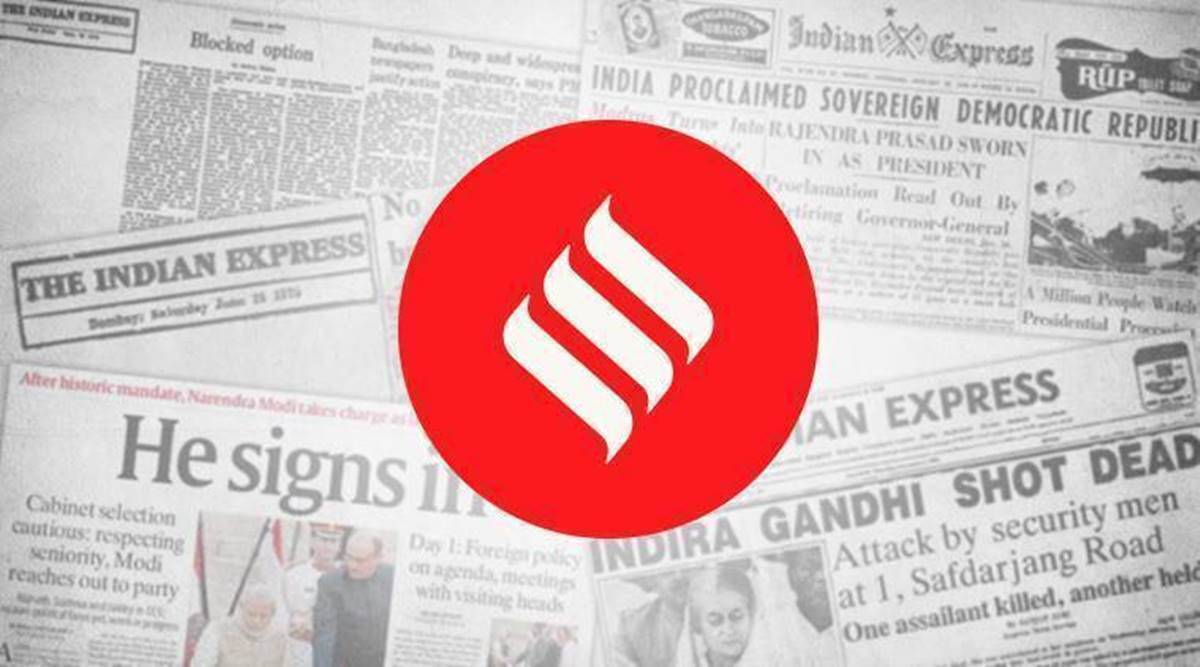Charles Geschke helped create the document format that has become one of the backbones of the digital revolution
The late writer Amos Oz, in his memoir A Tale of Love and Darkness, expressed awe, even envy at the achievements of his grand uncle. Oz, after all, was merely a writer but his relative invented words as a part of the Israeli project to make Hebrew a modern language. Charles Geschke, co-founder of Adobe who has died at 81, was no great linguist. Yet, like other pioneers of the tech age, his work has had so profound an impact that it has altered the global lexicon.
Today, as governments — including those in India — usher in “digital revolutions”, they owe a debt of gratitude to Geschke, and the others who are responsible for tech innovations like the PDF format. Almost every “true copy” for a less cumbersome passport renewal experience, every contract completed online relies on the format. Court verdicts and government notifications are freely available because text — readable but not easily editable — is no longer behind a web of bureaucracy. And computers and apps can bring a leader’s voice — bias and all — to even the most basic smartphone thanks to the Flash player. Essentially, a PDF allowed a printout without paper, documents — even images — that can be shared as they are.
Like most things that work well, PDFs and the Flash player have now seamlessly integrated into digital interactions. The PDF — Portable Document Format — in particular is so ubiquitous that its meaning is in the abbreviation. As with the printing press before it, the democratisation of data, even knowledge, has facilitated plagiarism, piracy and copyright infringement. But these are the failings of human beings, and there is no encryption sophisticated enough to guard against that. Meanwhile, every time a CV is shared, a .doc “saved as” PDF, Geschke can know he was part of writing the dictionary of the world we now inhabit.
Source: Read Full Article


